When trying to lose weight, gain muscle, or simply maintain a healthy weight, the scale can be our worst enemy. Constantly measuring our weight and seeing mixed results can result in disappointment, negative feelings, and despair.
It is important to understand that the scale is a complicated device that we cannot blindly believe without taking into account other factors that influence weight fluctuation.
We decided to collect all these crucial elements that we need to consider before we step on the scale.
Time
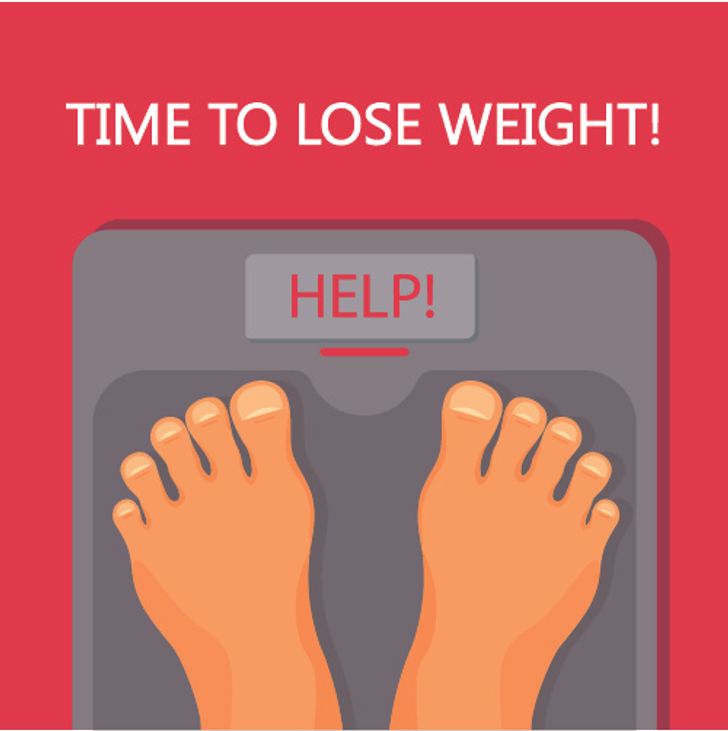
To accurately track your progress, it’s best to weigh yourself on the same day every week (or every day), at the same time. It is best to weigh yourself in the morning after emptying your bladder but before breakfast.
Clothes
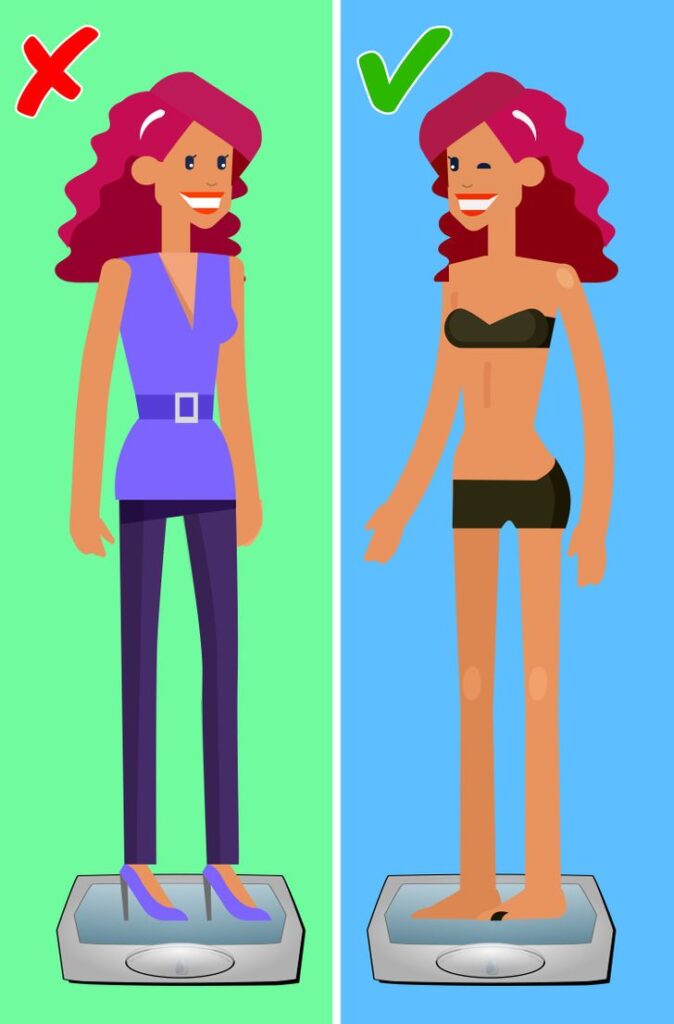
You should always measure your weight in the same clothes or without clothes. This is because your clothes can have different weights and can be quite heavy. We’re sure we don’t need this additional disappointment, right?
Place

Place your scale in the same place each time you measure your weight. It should be a flat and hard surface. Do not place it on a carpet. An unstable scale can result in an inaccurate reading.
Stand Still
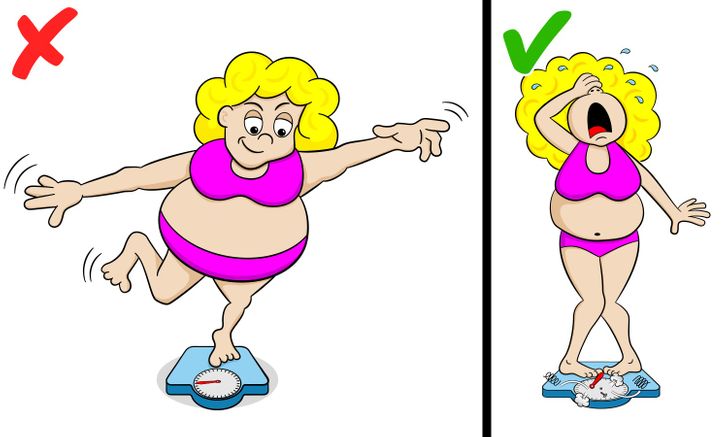
To get an accurate reading, it is important to stand still with your weight evenly distributed on both feet. Some types of scales also require you to be barefoot.
Types Of Scales
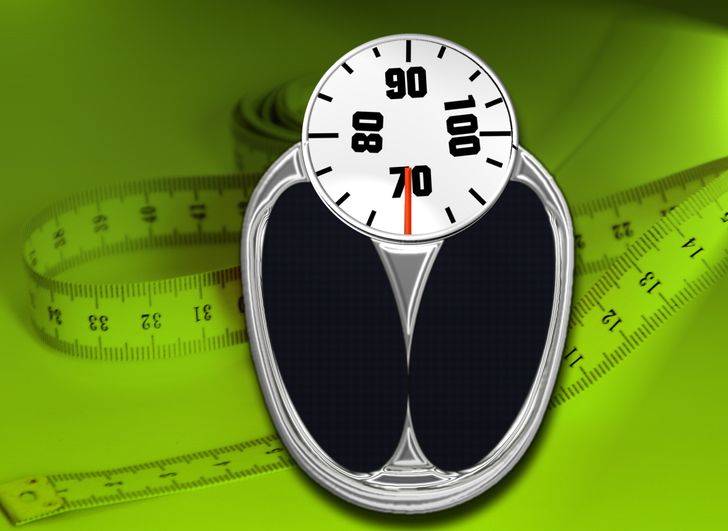
Your body weight depends on the type of scale you use. The working mechanism may vary from one company to another.
In addition, there are scales that measure body composition and the percentage of fat. To avoid confusion, it is better to rely on only one scale.
Weather
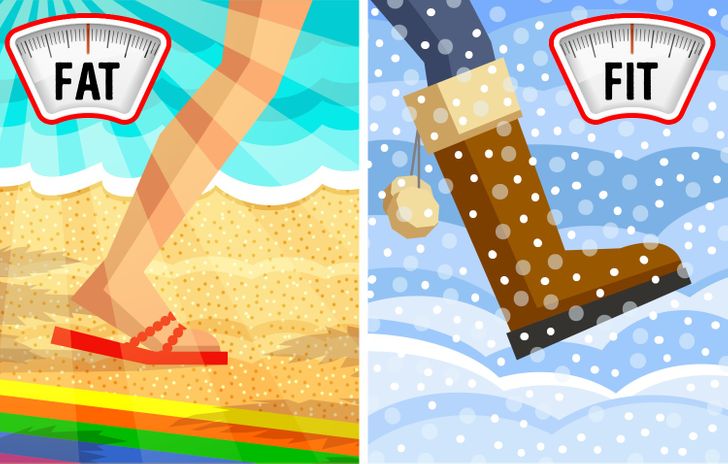
You should always take into account the weather outside. Scientific studies have shown that low temperatures, high levels of precipitation, and wind speeds are associated with weight loss. You may lose a bit of weight, but it’s probably not a permanent change.
Do you know any other factors that we should take into account before measuring our weight?
Or maybe some right and wrong ways to use the scale? Share your thoughts with us in the comments below.


